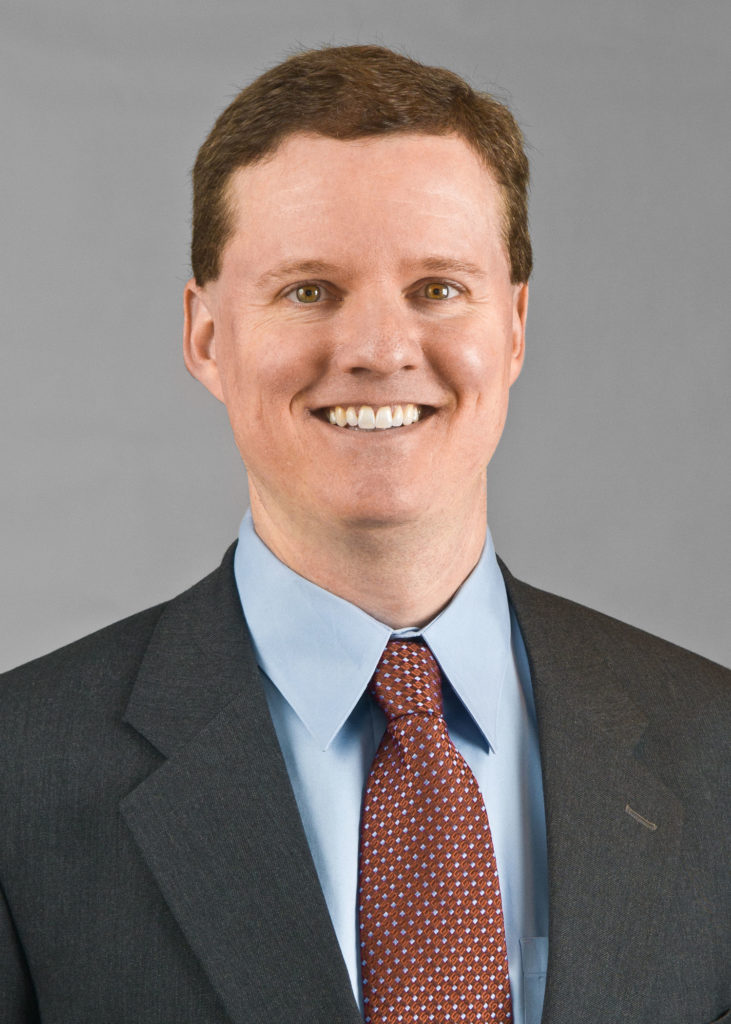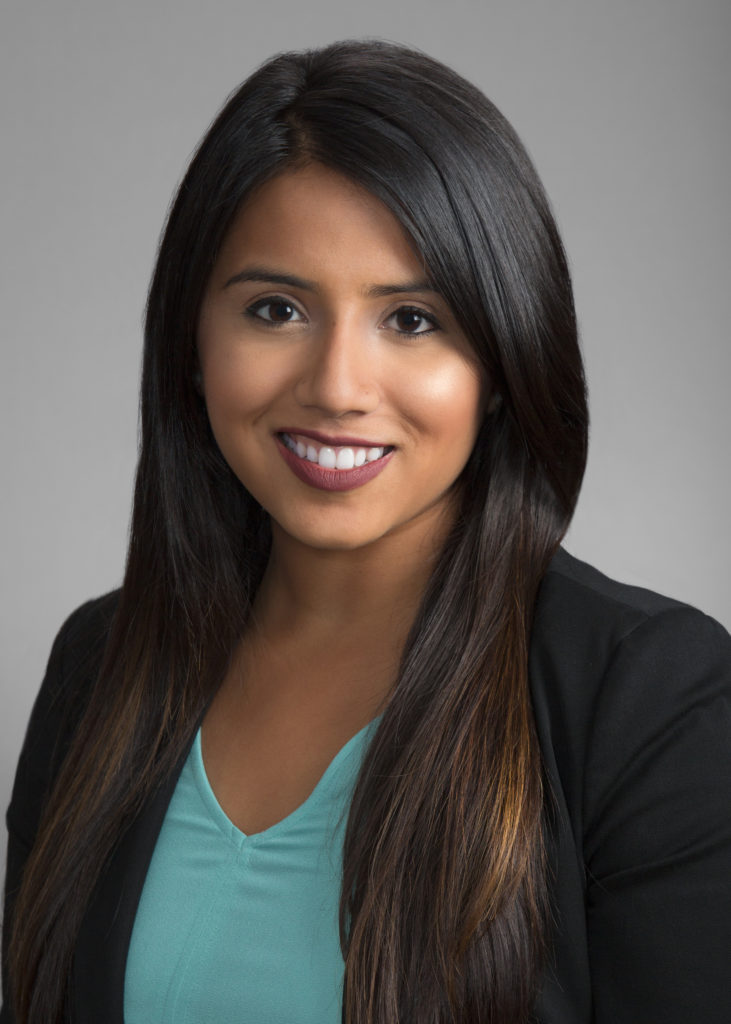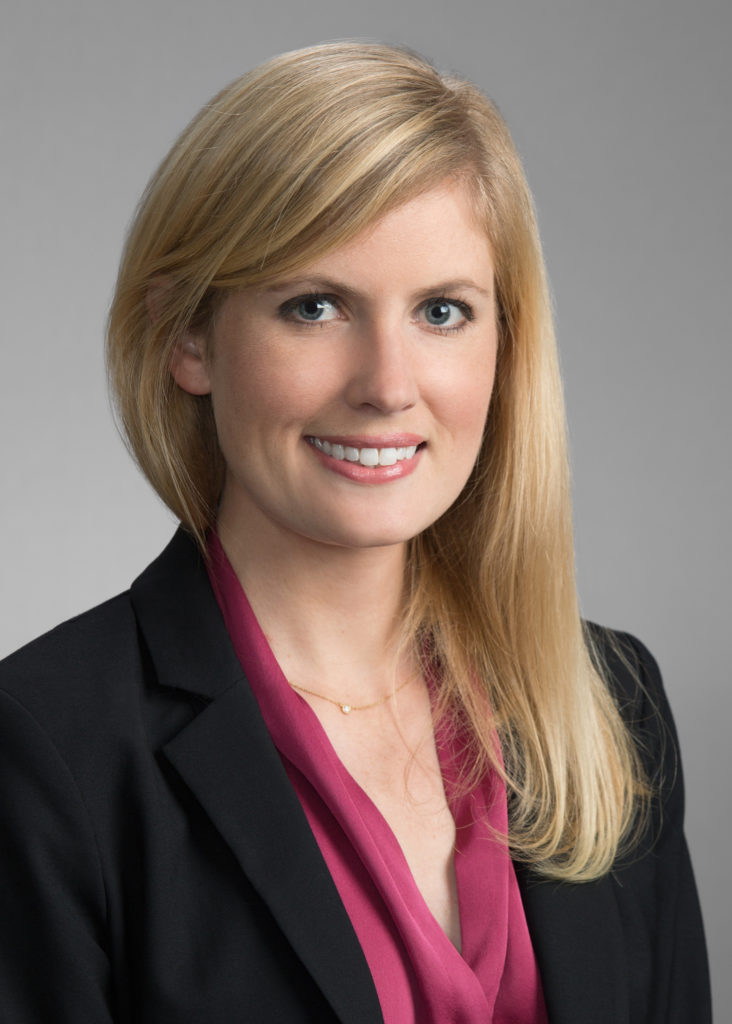For the second time in as many years, lawyers in the Dallas office of Gibson, Dunn & Crutcher played a significant role representing a global telecom company in an antitrust case against the government.
In 2018, Rob Walters and a group from Gibson Dunn in Dallas represented AT&T in a landmark trial in federal court against the U.S. Department of Justice, which sought to prevent the Dallas-based business from acquiring Time Warner for $85 billion.

Today, Dallas partner Brian Robison and two associates from Gibson Dunn are celebrating their key roles in representing Deutsche Telekom, the German parent of T-Mobile, in its victory over the attorneys general of 13 states and the District of Columbia regarding T-Mobile’s $27 billion merger with Sprint.
A New York federal judge ruled Tuesday morning that the merging of the third and fourth largest telecommunications companies did not violate antitrust laws and that consumers were likely to benefit from the combination.
“The state attorneys general tried to portray these two witnesses as Darth Vader and being the evil masterminds behind this ‘sinister’ plot to raise prices. But they turned out to be excellent witnesses for us.“ Brian Robison
The attorneys general have not indicated whether or not they will appeal the decision. Attorneys general from California and New York led the litigation and hired Munger Tolles as its lead outside counsel. Munger Tolles was the federal government’s lead outside counsel in successfully opposing AT&T’s merger with T-Mobile in 2011.
Robison, who co-led Deutsche Telekom’s defense with Gibson Dunn partner Richard Parker, told The Texas Lawbook in an interview Tuesday that this is the biggest case of his 25-year legal career.
“It was a huge relief when the court told us the news,” Robison says. “This was a really hard-fought case. The travel schedule was brutal. We worked a lot of long nights and weekends.”

Deutsche Telekom hired Gibson Dunn last July when it became clear that the states wanted to go to trial even though the federal government had resolved its issues and approved the merger agreement.
Robison took two trips to Germany and two other trips to London within 10 weeks to meet with Deutsche Telekom leaders and prepare them for trial. In addition, there were about a dozen trips to New York, where the case was tried.
The evidence portion of the T-Mobile trial started on Dec. 4 and ended Dec. 20. Closing arguments took place in mid-January. Robison basically set up a second home at the Residence Inn across the street from Cleary Gottlieb’s downtown New York offices, where lawyers for the defendants had taken over the 35th floor.
About 35 lawyers worked nearly full-time for T-Mobile, Sprint and Deutsche Telekom.
Two Gibson Dunn associates, Rachel Robertson and Pooja Patel, worked with Robison on the litigation.
Robison deposed several witnesses, including Deutsche Telekom CEO Tim Höttges and corporate board member Thorsten Langheim.

“The state attorneys general tried to portray these two witnesses as Darth Vader and being the evil masterminds behind this ‘sinister’ plot to raise prices,” Robison says. “But they turned out to be excellent witnesses for us.
“Tim Höttges and Thorsten Langheim testified as to how the merger would give new T-Mobile the assets, spectrum, capacity and scale to build a world-class 5G network and continue to compete as the ‘un-carrier’ that disrupts the wireless market with innovative ideas.”
Texas Attorney General Ken Paxton also sued to stop the merger last year, but he settled prior to trial after T-Mobile agreed to be more aggressive in providing 5G coverage to rural parts of the state.
Walters, who is managing partner of Gibson Dunn’s Dallas office, said Robison has become a star in the world of big-time antitrust litigation.
“Brian is incredibly smart and several large global clients have come to learn what a great lawyer Brian really is,” Walters says.
Wilson Sonsini, Cleary Gottlieb and Wilmer Hale represented Deutsche Telekom, while Skadden Arps represented Sprint. None of those firms used lawyers in their Texas offices in the litigation.
